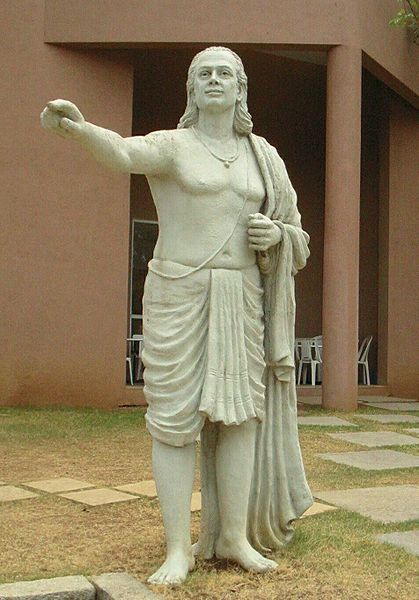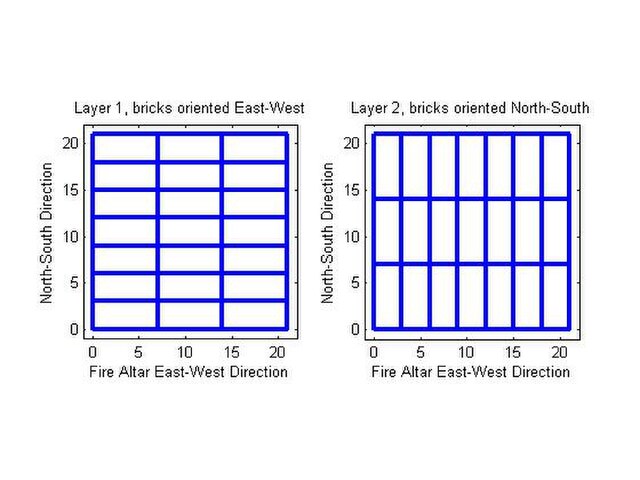Infinite photos and videos for every Wiki article ·
Find something interesting to watch in seconds
Celebrities
Great Museums
Great Cities
Wars and Battles
Kings of France
Ancient Marvels
Best Campuses
Richest US Counties
Largest Empires
Tallest Buildings
Recovered Treasures
World Banknotes
Crown Jewels
Sports
Rare Coins
Wonders of Nature
Animals
Largest Palaces
Famous Castles
Supercars
Orders and Medals
Countries of the World
History by Country
Presidents
British Monarchs
Great Artists
more top lists



